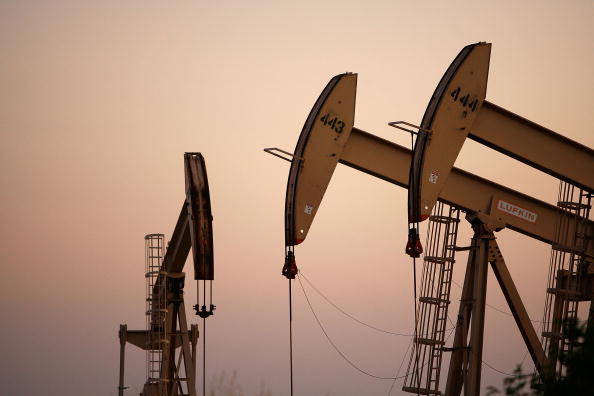Windfall tax the backdrop for energy giants’ results

London’s biggest oil companies will face an odd dilemma this week as they present what is likely to be their best set of results for years while facing calls to cough up more in tax.
The businesses are predicted to report a combined 13 billion dollars (£10.5 billion) in profit from the first three months of the financial year, a massive hike from the same time in 2021.
A lot of this will come from the cash households are paying to keep the lights on, heat their homes, and fill up their cars.
It will likely spark renewed calls for a windfall tax on the companies – an idea already backed by Labour.
Last week, the Chancellor appeared to distance himself from such a tax but did not entirely rule it out
He called on companies making big profits to invest the cash back into the UK instead.
“It sounds appealing. ‘Great, we’re taxing bad energy companies more, that will solve all our problems’,” he said in an interview with Mumsnet.
“The reason we haven’t gone down that road is, really simply … we need to invest more. That’s why we haven’t gone for some extra tax. Because what I don’t want to do is discourage investment in our own energy supplies.
“But what I’d say is, look, if we don’t see that type of investment coming forward and if the companies are not going to make those investments in our country and in our energy security, then, of course, that’s something I would look at and nothing’s ever off the table.”
Rishi Sunak’s comments, and talk of a meeting with Business Secretary Kwasi Kwarteng on Friday, where the companies were reportedly told to keep investing, will likely be ringing in executives’ ears.
Shell expects to report adjusted earnings of 8.7 billion dollars (£7 billion), according to a company-compiled consensus of analyst estimates.
BP is forecast to report 4.5 billion dollars (£3.6 billion) in replacement cost profit.
But it is not all plain sailing for the businesses. The same war in Ukraine that has pushed up the price of the oil and gas they sell has also forced them to deal with significant costs.
Last month, Shell increased its estimated costs of exiting Russia from 3.4 billion dollars (£2.7 billion) to closer to 5 billion (£4 billion).
“Quite who the buyer of these assets will be remains to be seen, given that the list of those prepared to ignore sanctions and do business in Russia is relatively short,” said AJ Bell investment director Russ Mould.
But this cost will not be seen in the adjusted earnings, mentioned above, as it is considered a one-off.
BP reports its results on Tuesday and Shell on Thursday.
Press Association
.
